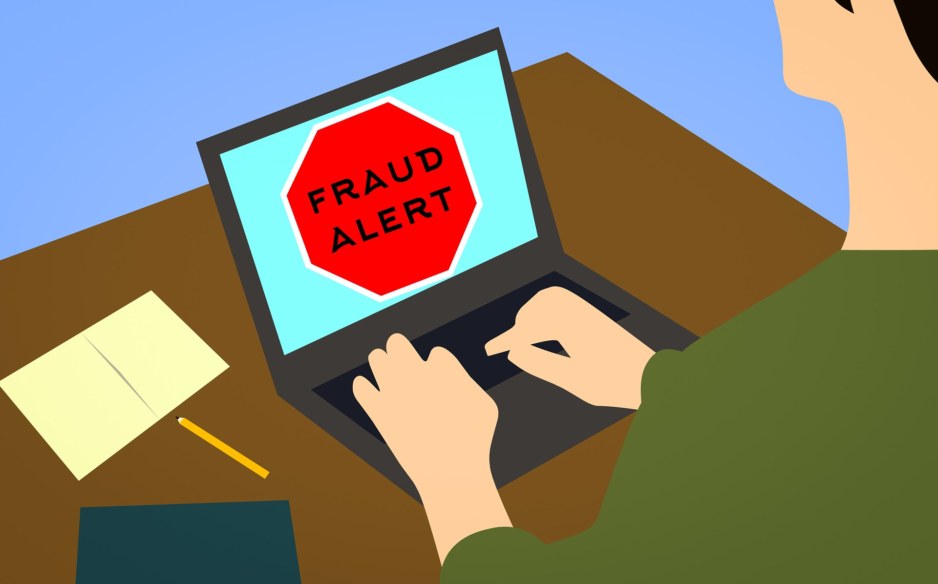This column was originally published in the Charlotte Observer on February 18, 2017. © All rights reserved.
Spotting and Stopping Fraud and Embezzlement in Your HOA
Spotting and Stopping Fraud and Embezzlement in Your HOA
This week’s column was written by my colleague Courtney R. LaLone, CPA, with LBA Haynes Strand, PLLC in Matthews, North Carolina. His practice focuses on financial and tax advice to community and condominium associations.
Fraud and embezzlement can cause a homeowners’ association’s (“HOA”) board of directors a lot of time, money, and energy. So how can the board prevent potential fraud or embezzlement before it occurs? The solutions are simple but often overlooked. The board needs to understand its role in fraud prevention and the two key components of fraud: motivation and opportunity. In almost all cases, both of these factors must be present for fraud to occur. Motivation is a factor completely outside the board’s control. For example, a director or manager of an HOA might have a gambling problem, be mired in personal debt, or simply be consumed with greed. The opportunity factor, however, is completely within the board’s control.
To reduce or eliminate the opportunity for fraud and embezzlement, establishing simple financial monitoring controls are critical, extremely simple, and highly effective. First, identify and control the individuals with signature authority on the HOA’s cash accounts (checking, savings, CDs, etc.). When there are transitions on the board or within a management company, the individuals with banking authority must be reviewed immediately and updated. Ensure this process is initiated and monitored by the board treasurer and approved by the entire board. Next, establish an approved vendor list. Payments made to unfamiliar or nonexistent vendors or consultants with no credentials are a common way for thieves to embezzle funds over which they have control. The treasurer should periodically review the disbursements ledger (the check register) to look for payments to unapproved vendors.
In addition, there are a number of control measures the board can implement to reduce the risk of fraud or embezzlement. They include the following:
- Review and approve the bank statements and bank reconciliations. Establish a due date to ensure the bank reconciliations are completed and reviewed in a timely manner. Typically, 15 days from the close of the previous month is a best practice.
- Review actual results versus budgeted amounts for income and expenses, and inquire of all variances. Avoid only focusing on variances where the actual amounts exceed the approved budgeted amounts. Variances significantly below approved budgeted amounts can be an indication of several possible issues. Examples include the miscoding of income or a vendor credit to an expense account, which could be a sign of an unapproved vendor being used, vendor rebates, or credits received by the association and then misappropriated. Miscellaneous income can be fraudulently offset against an expense account when the funds weren’t actually received by the association.
- Handling of cash is always risky. Discuss with your management company the safeguards they maintain over cash receipts. The board should be aware of how much cash is received, and what reasons are causing members to pay in cash.
- Ensure your management company is using a lockbox system with a bank for assessment collections. Encourage all your members to send payments directly to the lockbox. This will reduce the number of owners paying in cash.
- Thoroughly review the monthly financial statements. This information is key, and the board’s timely review and response is critical to the identification of potential fraud or embezzlement. Speak to your management company about establishing a due date for delivery of the monthly financial statements.
Every year we see news reports of HOAs losing tens or hundreds of thousands of dollars to crooked board members or managers. Just this past December, police in Garner, North Carolina arrested a community manager who was charged with embezzling over $800,000 from dozens of HOAs that she managed. No doubt those HOAs could have prevented some or all of their losses if they’d had thoughtful financial controls in place. Don’t let your HOA be the next victim.
Mike Hunter
